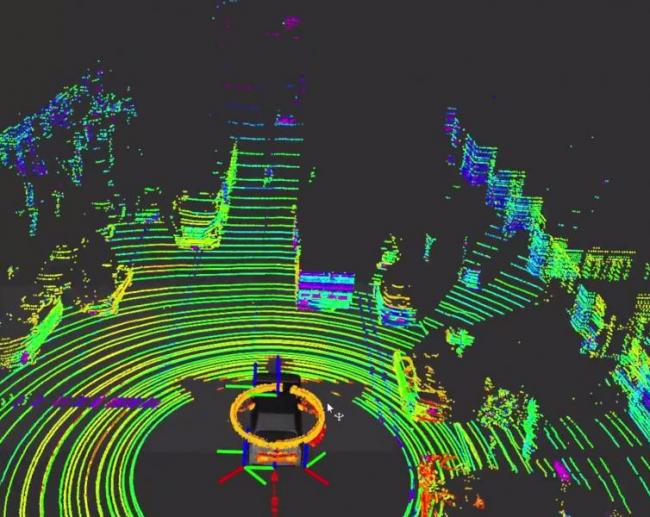
While predictions abound that fully autonomous self-driving cars will become widely available in just a few years, in reality there are major research challenges to address for creating fully autonomous self-driving cars. Open questions include how this technology can operate well in challenging driving situations, such as adverse weather and challenging urban environments such as Boston, and also how this technology can best interact with humans, both inside and outside the car (ie drivers, pedestrians, traffic cops, etc.) This project will create the tools, software and data needed to build a foundation for deeper, longer-term studies across many different areas — spanning perception, navigation, motion planning, control, data sciences, and human robot interaction. Our key goal will be to create a unique data collection testbed vehicle that captures data from both outside and inside a car, and to use it for sustained driving data collection in challenging Boston conditions. In addition, we will create new data visualization, simulation, and “replay” software tools to support development for a wide array of algorithms spanning CSAIL’s research portfolio. Data will be stored systematically to the cloud, building up a vast and extremely valuable data set to support algorithm development to realize completely new approaches to advanced active safety and highly automated vehicle capabilities.
Our work will include the three following tasks, each led by one CSAIL faculty member:
1. Testbed vehicle, data collection, and life-long learning for perception (Karaman)
2. Simulation, visualization, and system identification (Tedrake)
3. Data summarization and data analytics (Rus)
Publications:
- T. Ort, L. Paull, and D. Rus, “Autonomous Vehicle Navigation in Rural Environments without Detailed Prior Maps,” in ICRA 2018, 2018 [Online]. Available: https://doi.org/10.1109/ICRA.2018.8460519
- G. Rosman, L. Paull, and D. Rus, “Hybrid Control and Learning with Coresets for Autonomous Vehicles,” in 2017 IEEE/RSJ International Conference on Intelligent Robots and Systems (IROS), Vancouver, BC, Canada, 2017 [Online]. Available: https://doi.org/10.1109/IROS.2017.8206612
- L. Paull, J. Tani, H. Ahn, J. Alonso-Mora, L. Carlone, M. Cáp, Y. F. Chen, C. Choi, J. Dusek, Y. Fang, D. Hoehener, S.-Y. Liu, M. Novitzky, I. F. Okuyama, J. Pazis, G. Rosman, V. Varricchio, H.-C. Wang, D. S. Yershov, H. Zhao, M. Benjamin, C. Carr, M. T. Zuber, S. Karaman, E. Frazzoli, D. D. Vecchio, D. Rus, J. P. How, J. J. Leonard, and A. Censi, “Duckietown: An open, inexpensive and flexible platform for autonomy education and research,” in 2017 IEEE International Conference on Robotics and Automation, ICRA 2017, Singapore, Singapore, 2017, pp. 1497–1504 [Online]. Available: https://doi.org/10.1109/ICRA.2017.7989179
- F. Naser, D. Dorhout, S. Proulx, S. D. Pendleton, H. Andersen, W. Schwarting, L. Paull, J. Alonso-Mora, M. H. A. Jr., S. Karaman, R. Tedrake, J. Leonard, and D. Rus, “A Parallel Autonomy Research Platform,” in 2017 IEEE Intelligent Vehicles Symposium, 2017, pp. 933–940 [Online]. Available: https://doi.org/10.1109/IVS.2017.7995835
News:
Videos:


